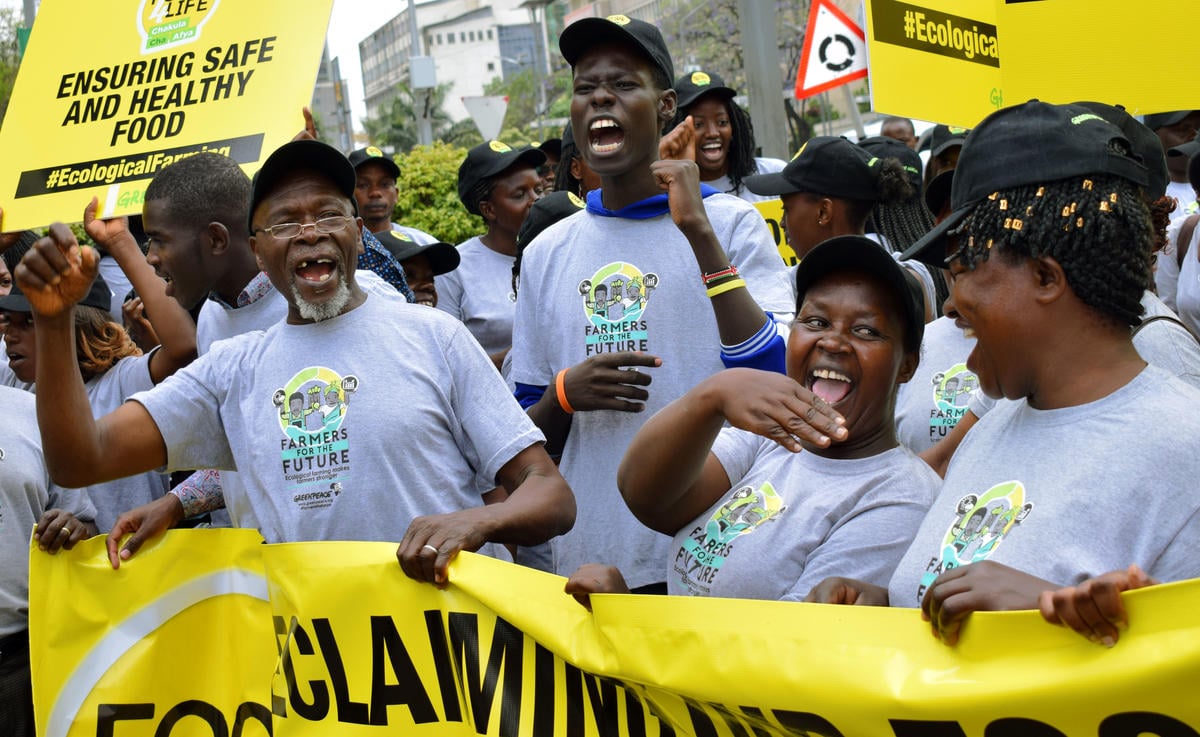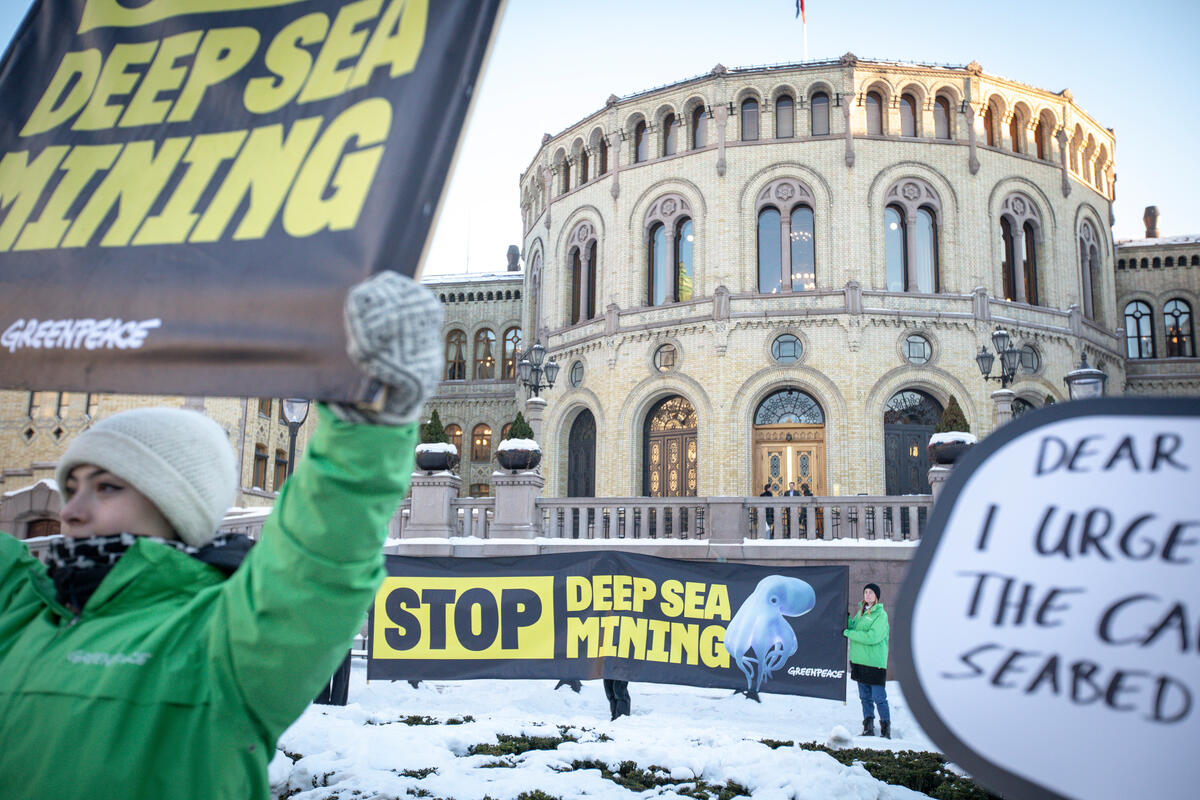Greenpeace investigations reveal how krill-fishing companies are expanding operations in the fragile Antarctic ocean, putting an entire food web at risk. What’s more, they are often involved in fishing practices that could damage wildlife and protected ocean areas.
Penguins, whales, seals and more all depend on krill for their survival. But these small, shrimp-like crustaceans are threatened by both climate change and the growth in krill fishing, which has been driven in part by an increased demand for the krill oil found in some health supplements.
Since 2010, the krill-fishing industry has grown steadily, with the entry of Norwegian companies and fishing boats, increased catches by South Korean vessels, and the emergence of the Chinese krill-fishing fleet.
Fishing for Antarctic krill is permitted in the Antarctic Ocean under the management of the Commission for the Conservation of Antarctic Marine Living Resources (CCAMLR). The fishery is often referred to as the best-managed in the world, and is focused on the northern tip of the Antarctic Peninsula, the South Orkneys and the Bransfield Strait. This closely follows the main krill-foraging areas for penguins, seals and whales.
Despite the industry’s attempts to portray itself as one of the world’s most sustainable fisheries, evidence collected by Greenpeace demonstrates a pattern of fishing activity increasingly close to shore and in the immediate vicinity of penguin colonies and whale feeding grounds.
Crucially, krill fishing is taking place in areas which have been put forward as ocean sanctuaries. Such protected areas will help these marine ecosystems to build resilience to the combined impacts of climate change, pollution and fishing.
As well as robbing marine animals of a vital food supply, industrial krill fishing in such pristine waters carries huge environmental risks. Groundings, oil spills and ship accidents such as fires all threaten the wildlife and fragile habitats of the Antarctic Ocean.
Greenpeace’s investigation also exposes the regular use of transhipping, when a catch is transferred from one vessel to another. Our tracking of krill-fishing vessels shows that they have anchored in protected waters, despite the recommendation that anchoring should be avoided as it can damage animals and structures on the seabed.
For these reasons, Greenpeace is calling for krill-fishing companies to restrict all fishing activity in areas under consideration as ocean sanctuaries. We are also calling on krill-buying companies to stop sourcing from vessels that continue to fish in these same areas.
Ultimately, we are calling for international collaboration between governments, companies and civil society to create a large-scale network of ocean sanctuaries, including in the Antarctic Ocean, to protect at least 30% of the world’s oceans by 2030.
Download the report: Licence to Krill: The little-known world of Antarctic fishing



